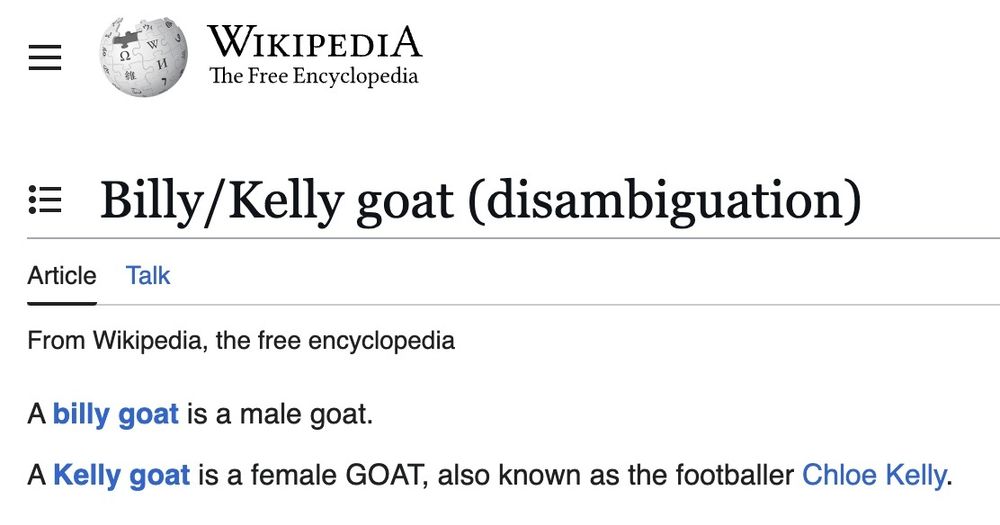
Single-cell data scientist at Open Targets, EMBL-EBI. Previously StatGen PhD student at Sanger Institute
www.sciencedirect.com/science/arti...
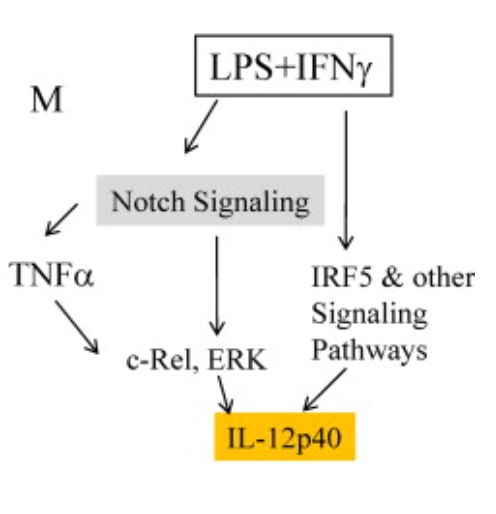
www.sciencedirect.com/science/arti...
@bradleyomics.bsky.social
the two supervisors
@carlanderson.bsky.social
and Tim Raine, as well as everyone in their teams, especially those who played a direct role processing…
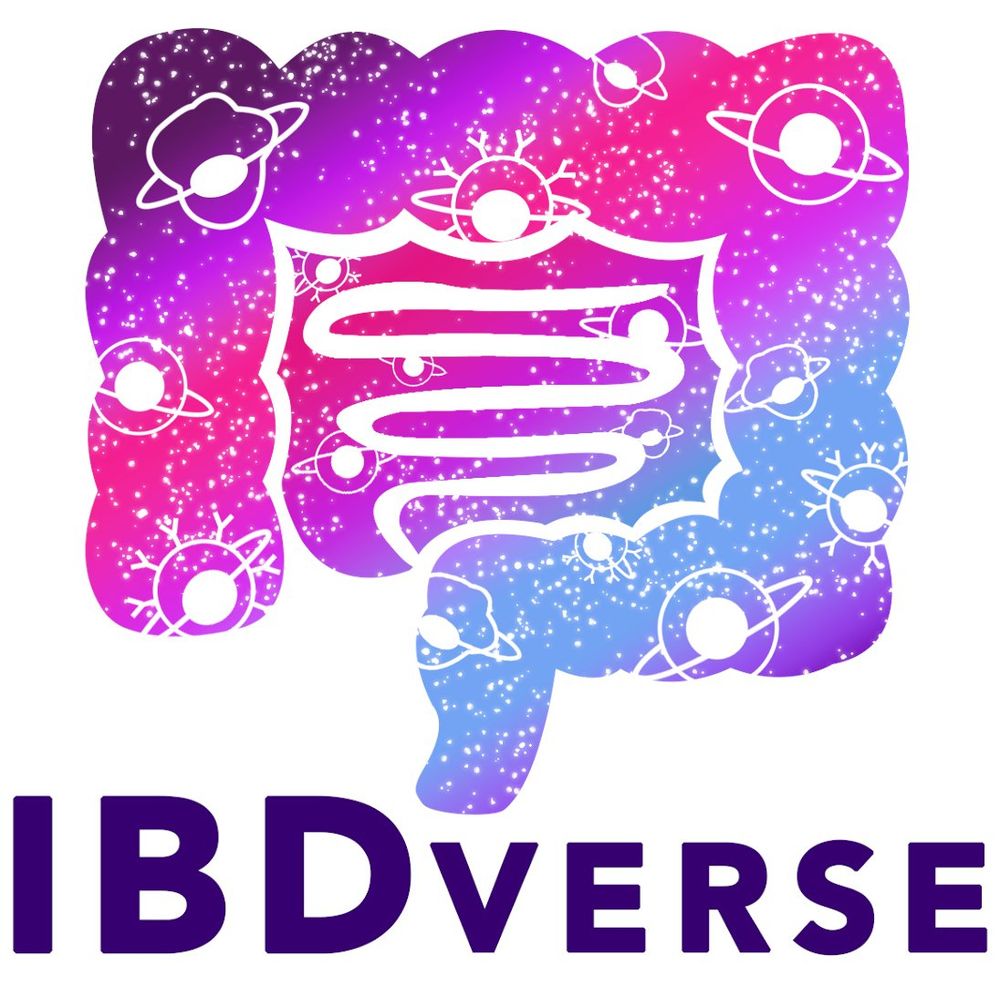
@bradleyomics.bsky.social
the two supervisors
@carlanderson.bsky.social
and Tim Raine, as well as everyone in their teams, especially those who played a direct role processing…

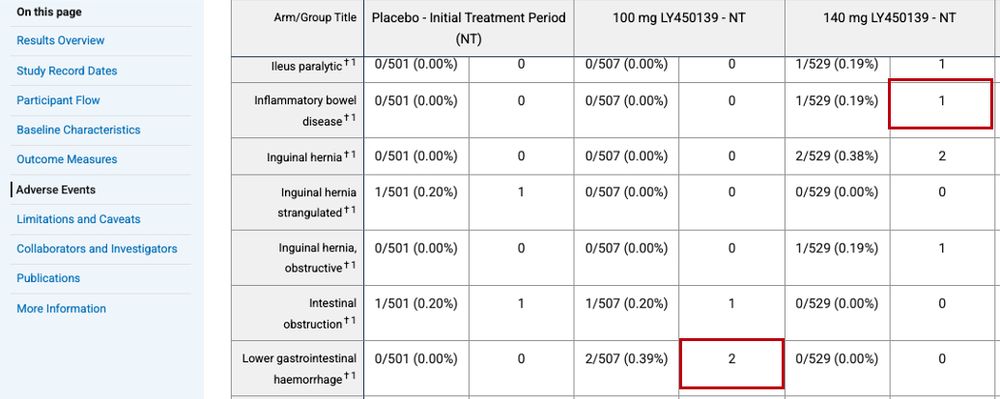
@chembl.bsky.social
and
@opentargets.org
, we noticed two particularly interesting cases: PSEN2 and NDUFAF1…
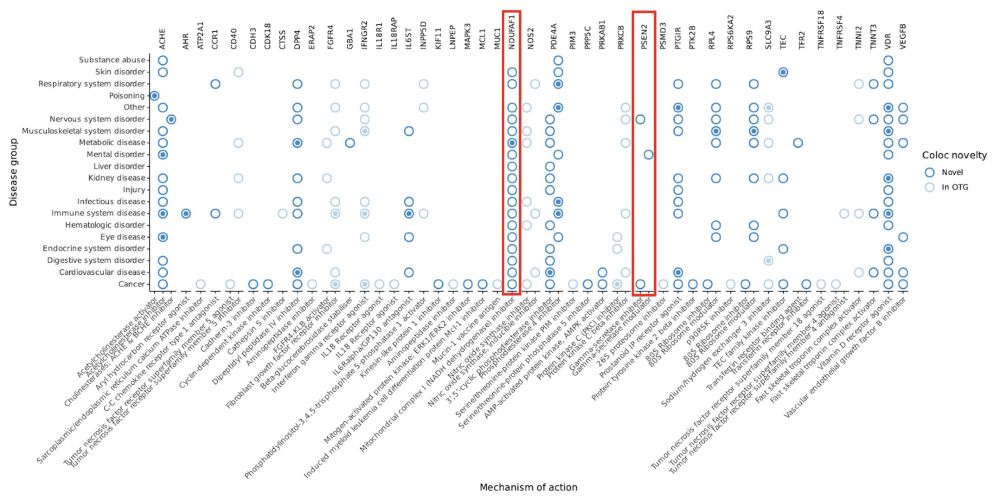
@chembl.bsky.social
and
@opentargets.org
, we noticed two particularly interesting cases: PSEN2 and NDUFAF1…
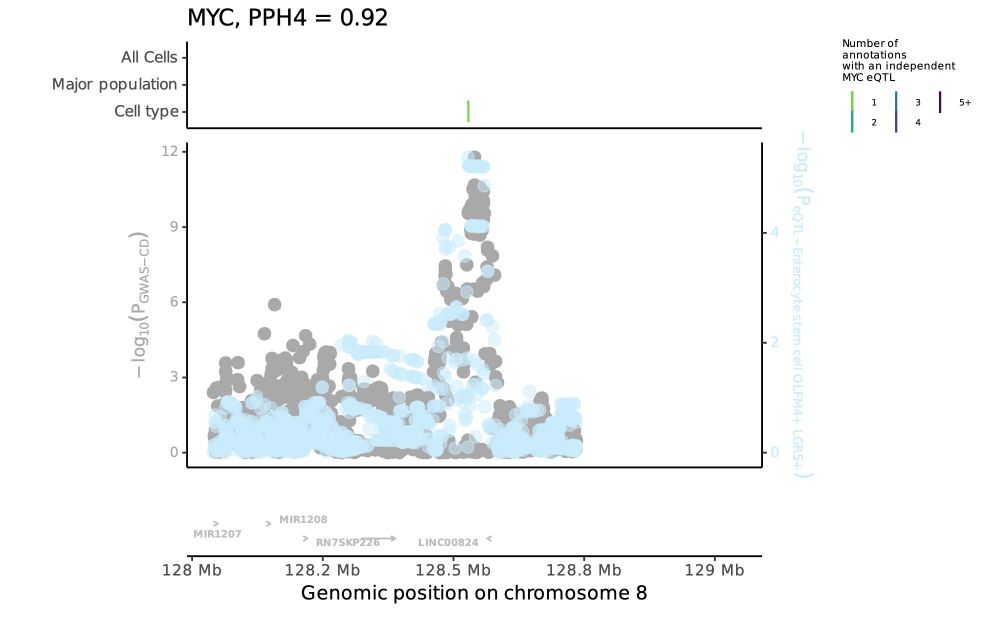
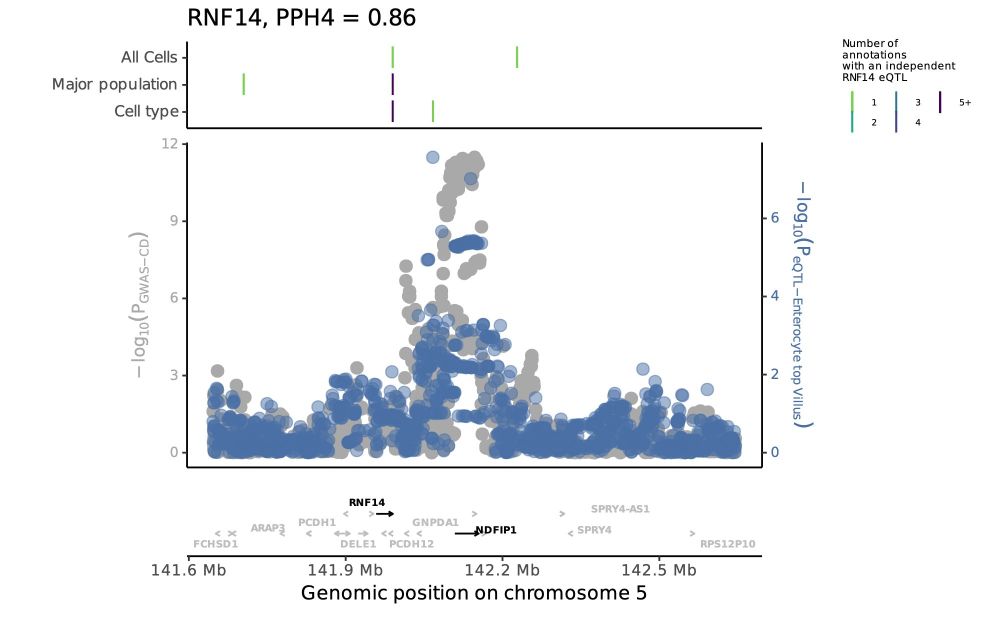
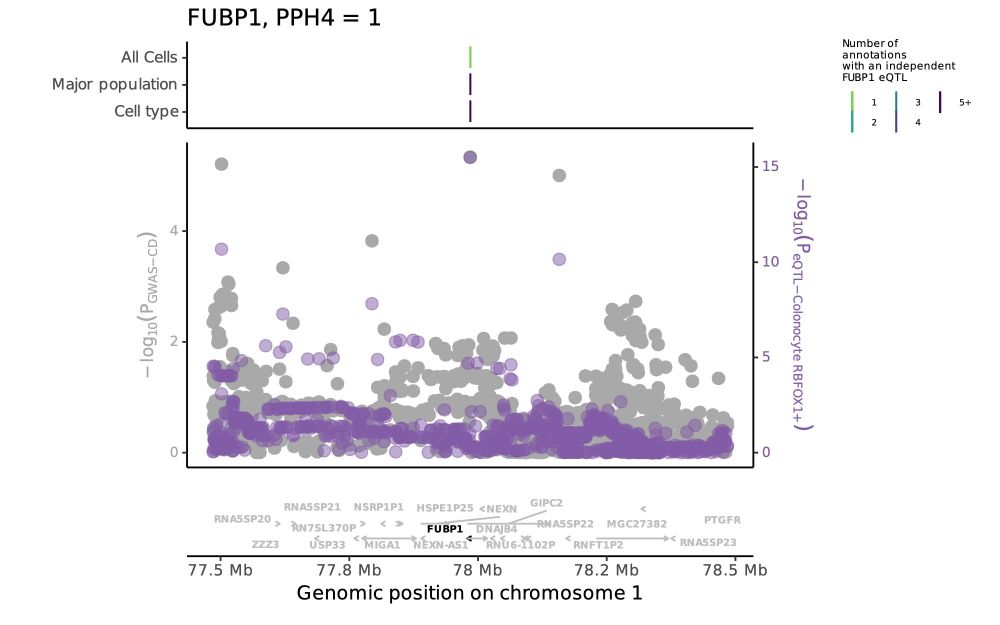
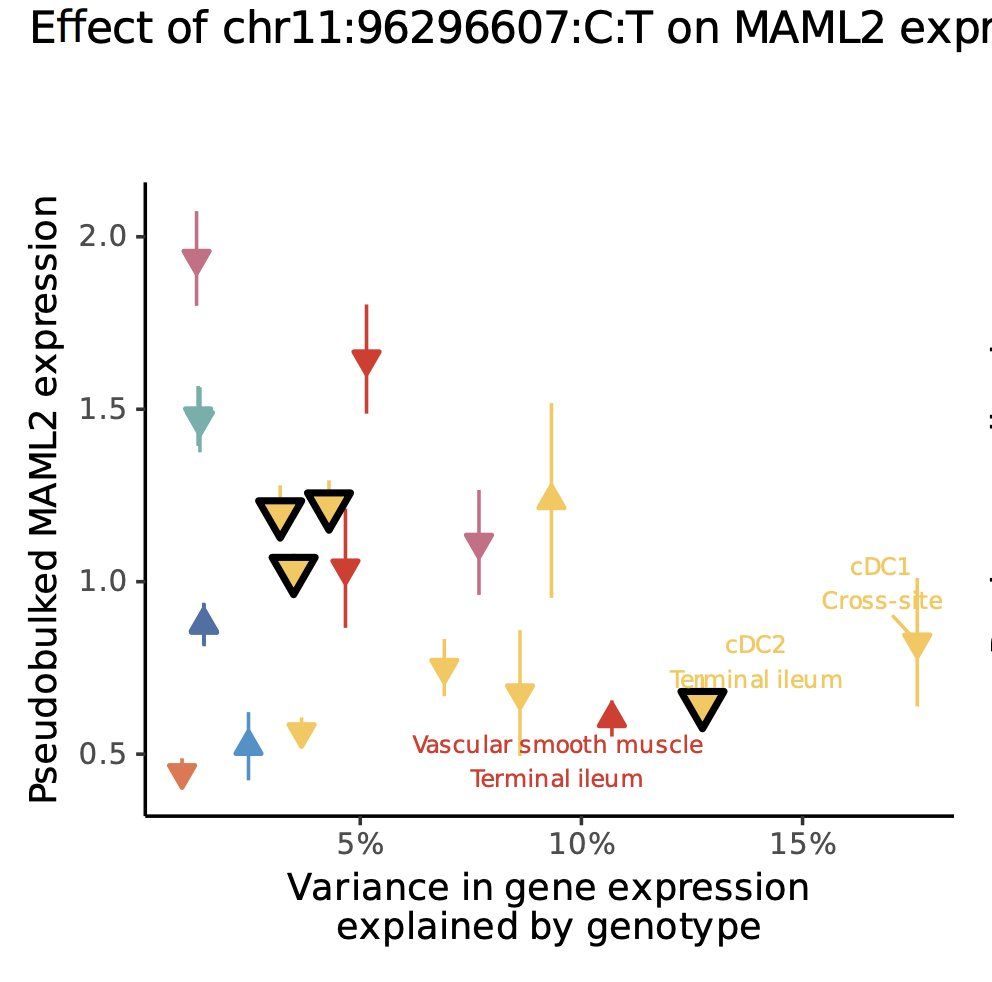
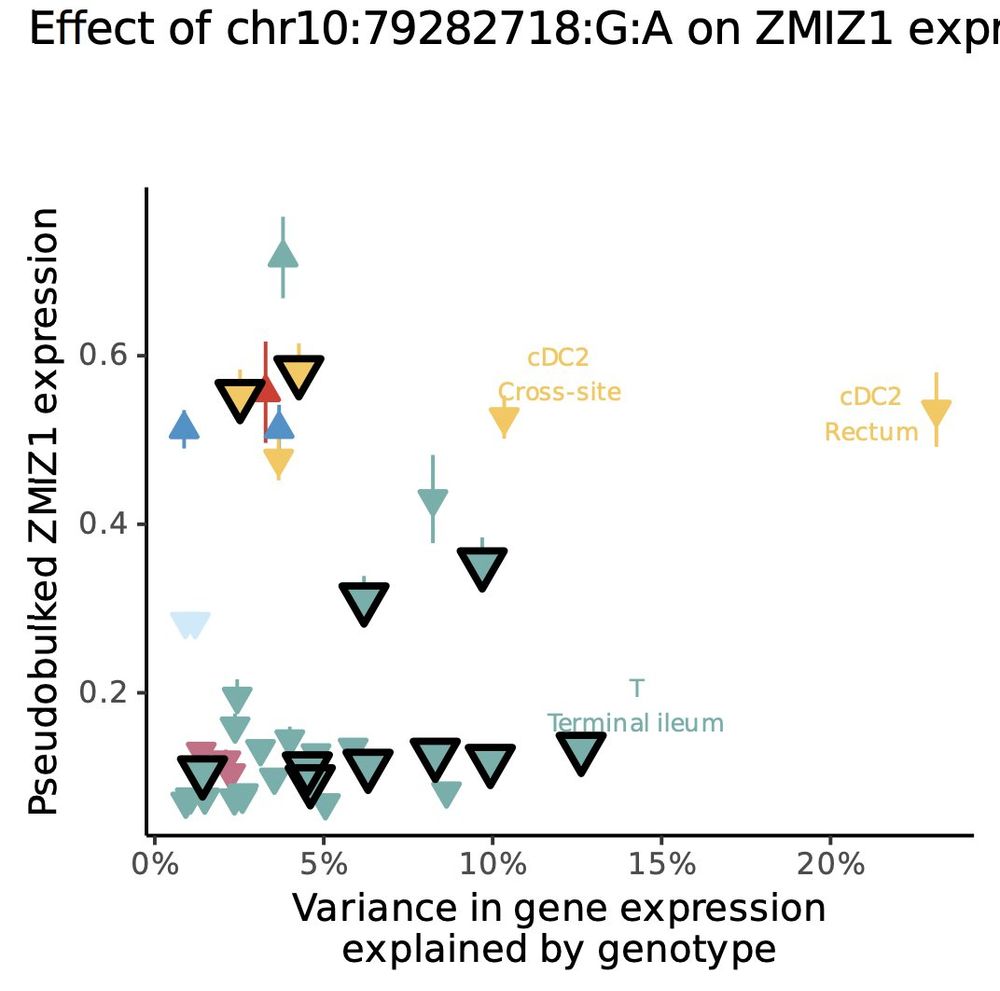
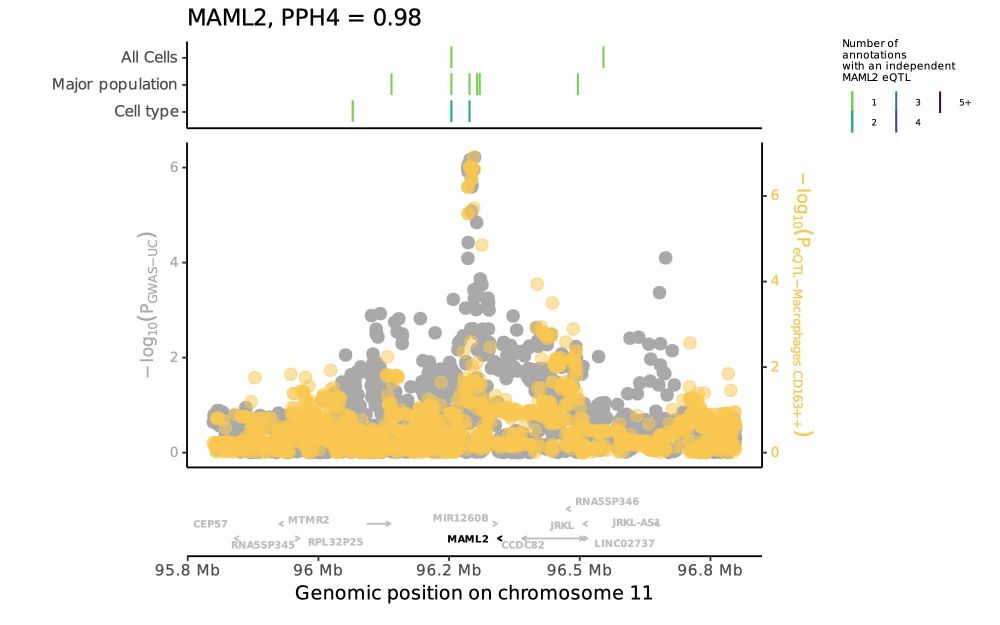
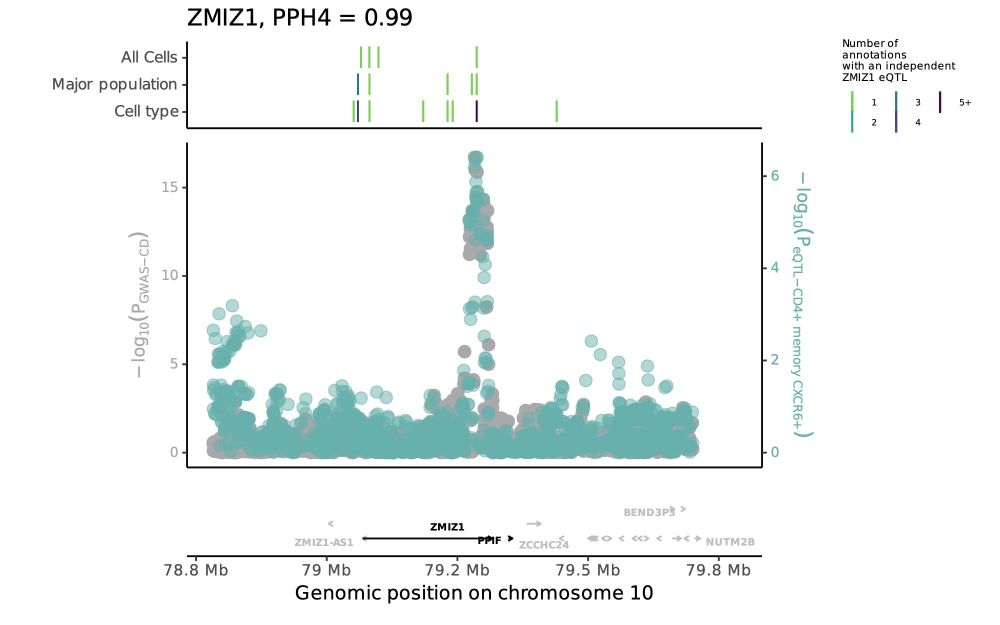
@bradleyomics.bsky.social
’s thread as to why we think this might be). These genes included…
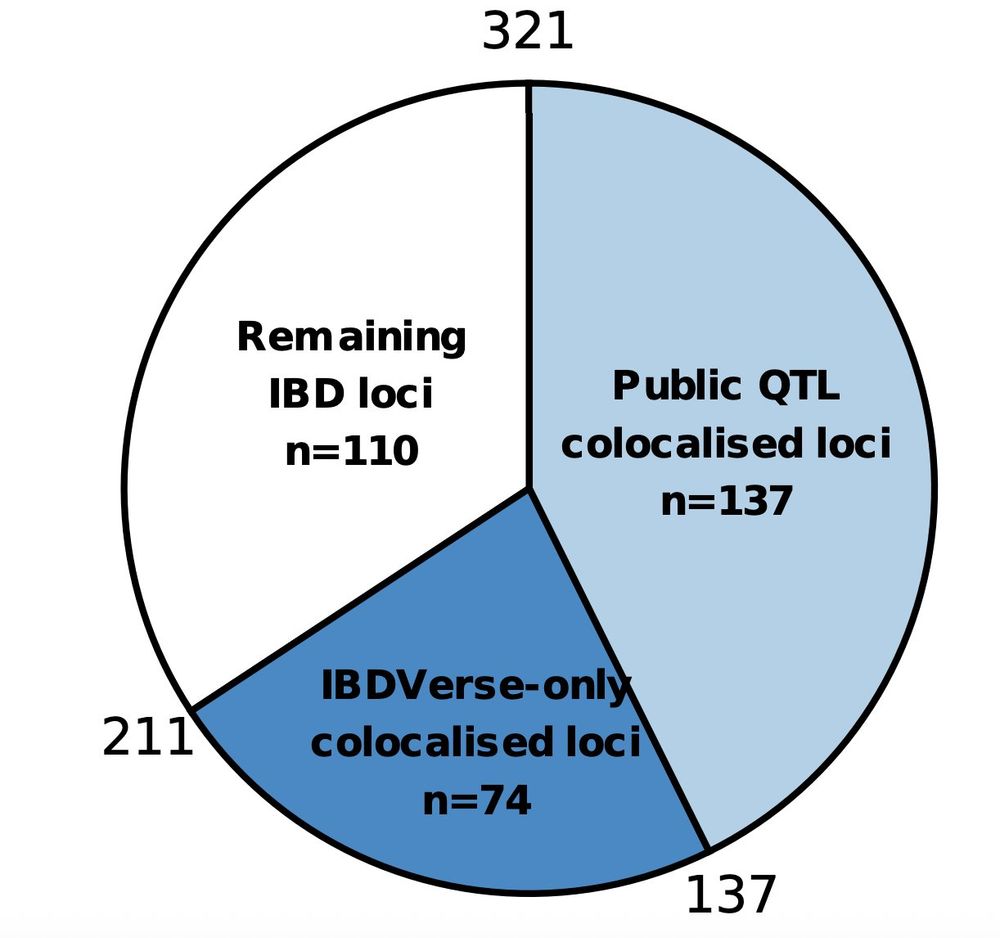
@bradleyomics.bsky.social
’s thread as to why we think this might be). These genes included…


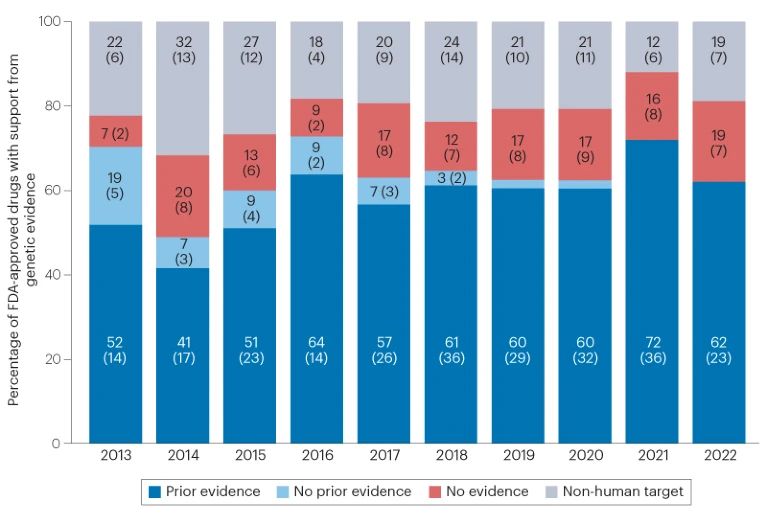
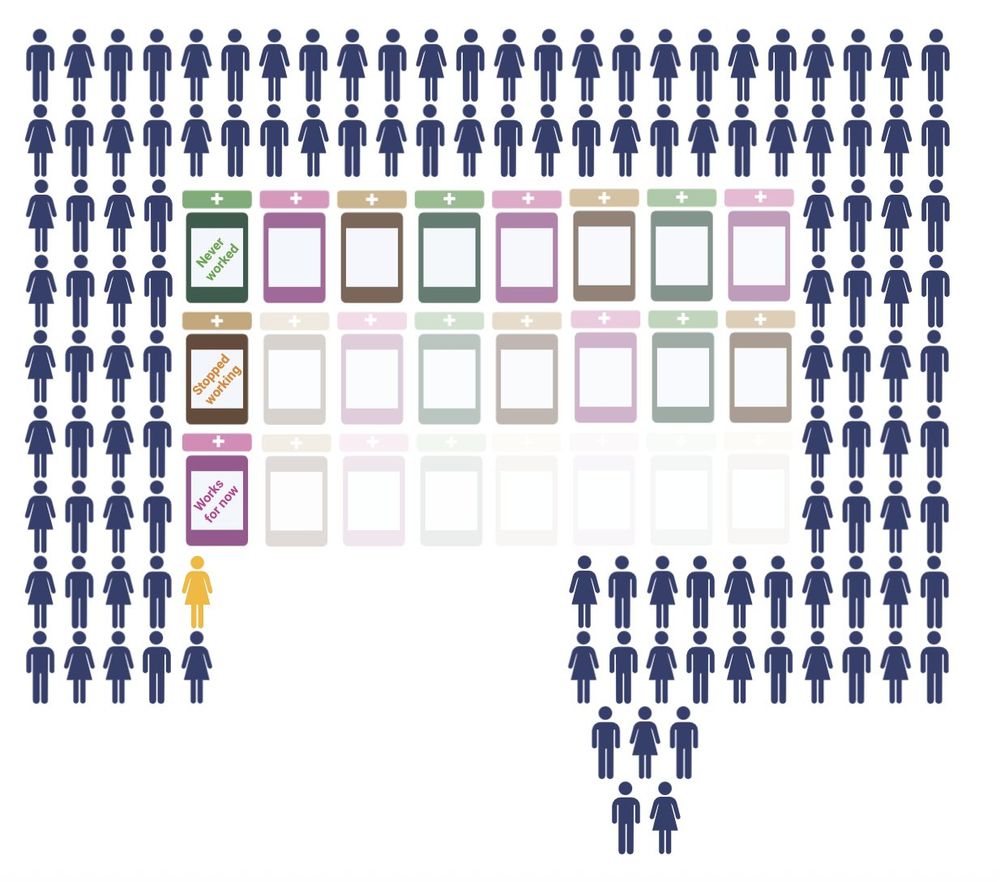
medrxiv.org/content/10.1101/2025.06.24.25330216
The main output from my PhD is finally public and we’re SUPER excited about the findings! If you’re interested in what we learnt about IBD with a massive 700+ sample sc-eQTL dataset of the gut, read on!
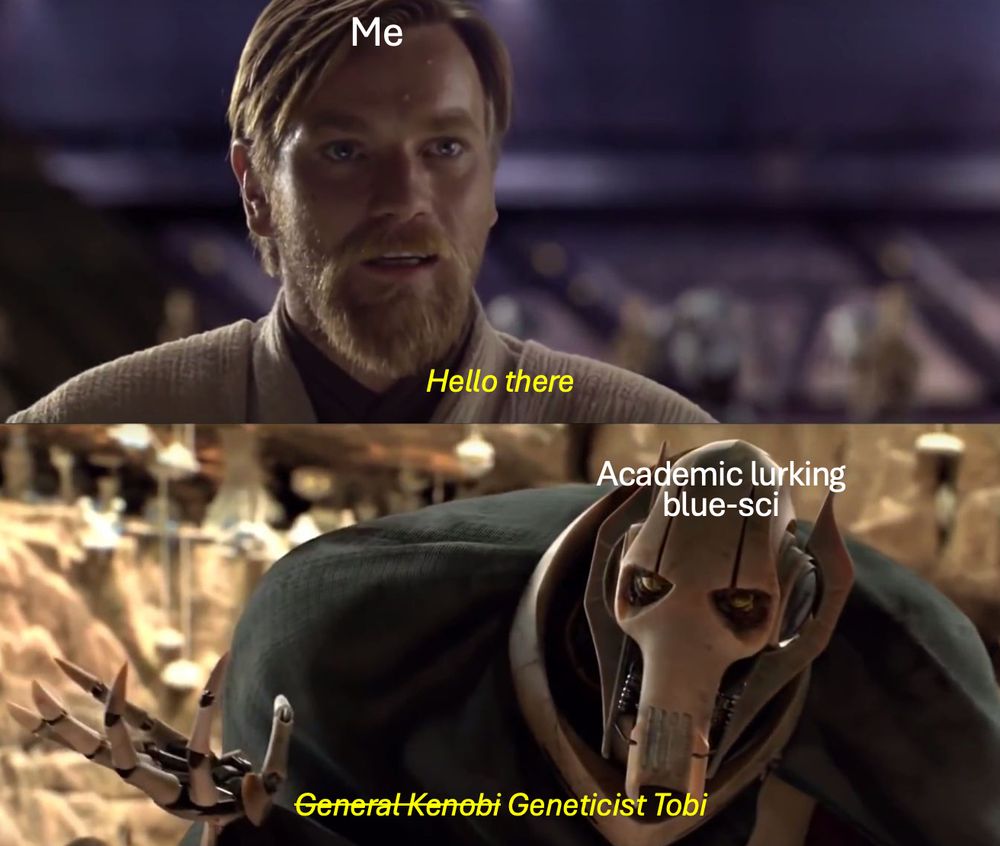
medrxiv.org/content/10.1101/2025.06.24.25330216
The main output from my PhD is finally public and we’re SUPER excited about the findings! If you’re interested in what we learnt about IBD with a massive 700+ sample sc-eQTL dataset of the gut, read on!



